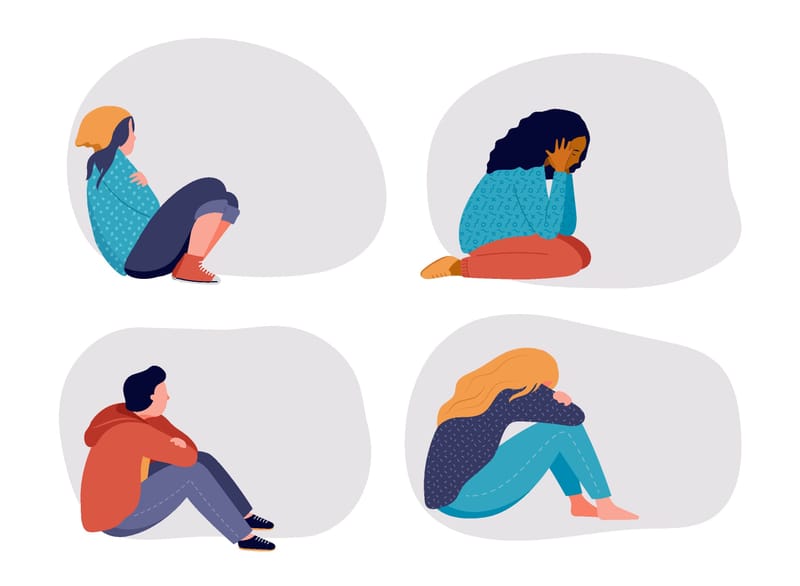
The COVID-19 restrictions affect entire populations around the world. These unprecedented measures will have ramifications for people everywhere, both good and bad. Some of these are predictable, and some are not.
The team at Monash University’s Global and Women’s Health, led by Professor Jane Fisher, is conducting an online survey in an attempt to understand some of the effects on wellbeing and mental health of the COVID-19 restrictions on adults in Australia.
Professor Fisher is a mental health expert and Finkel Professor of Global Health. In her work as a clinical psychologist and as a regular presenter on ABC radio 774, she's heard many accounts of the diverse losses people have experienced as a result of the restrictions.
“Loss is a common theme,” she says.
"We know that Australia has never experienced anything on the scale of COVID-19, and understand that the temporary restrictions are likely to affect everyone’s sense of wellbeing."
Some of these losses are readily understood, such as being unable to visit vulnerable family members, or when someone close has died. However, some losses are likely to be unrecognised, perhaps because they seem trivial, or because everyone is experiencing them, or because they can’t be discussed as a result of shame or fear.
According to Professor Fisher, these experiences of disenfranchised grief will be a commonplace occurrence within the community.
Read more: Recognising disenfranchised grief amid COVID-19
All these losses have the potential to affect a person’s mental health and wellbeing.
“With so much loss going on, it can be hard to see the positives in such a situation, aside from the obvious public good of protecting communities from the ravages of COVID-19,” says Professor Fisher.
Nevertheless, she says that some people will experience benefits as a result of the restrictions. It's therefore important “to research and capture the good things as well as the bad”.
“We know that Australia has never experienced anything on the scale of COVID-19, and understand that the temporary restrictions are likely to affect everyone’s sense of wellbeing,” says Professor Fisher.
Exactly how is unknown, which is why Professor Fisher and her team are asking questions about such things as living circumstances, mental health, access to healthcare, alcohol consumption, fear of COVID-19, and the good that has arisen from trying times.
“Importantly, alongside questions about potential negative impacts, we're also asking about any benefits experienced as a result of the COVID-19 restrictions.”
The survey is open to people living in Australia, who are 18 and over. It is anonymous and takes only 10 minutes to complete. You can complete the survey here.
“All of us will feel different away from our usual routines,” says Professor Fisher. “We really wish to understand the entire breadth of circumstances for people living in Australia.”
The results of the survey will be made available on Monash University’s Global and Women’s Health website, and will be shared widely to help governments and other organisations understand what people need now, and to prepare for the future.





